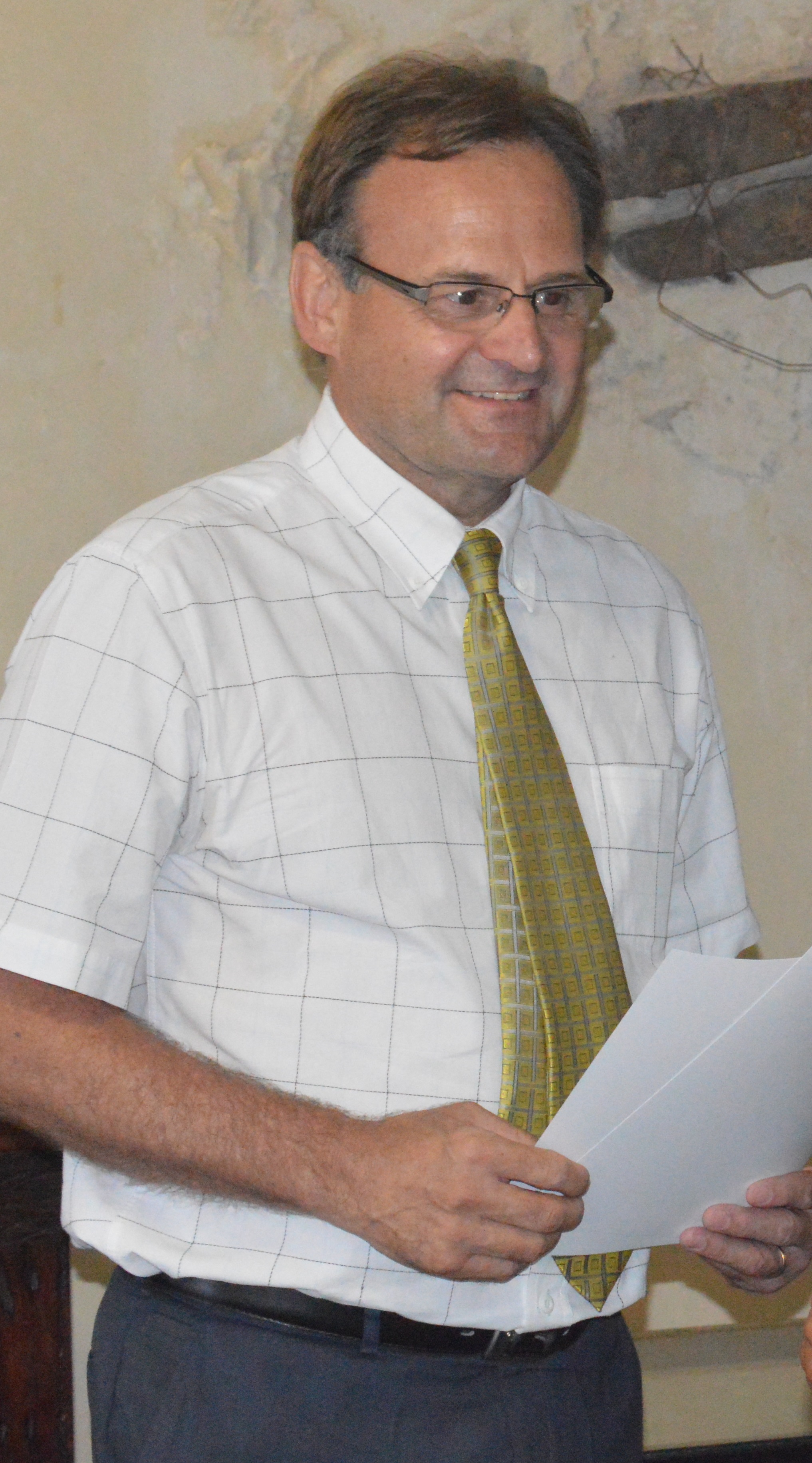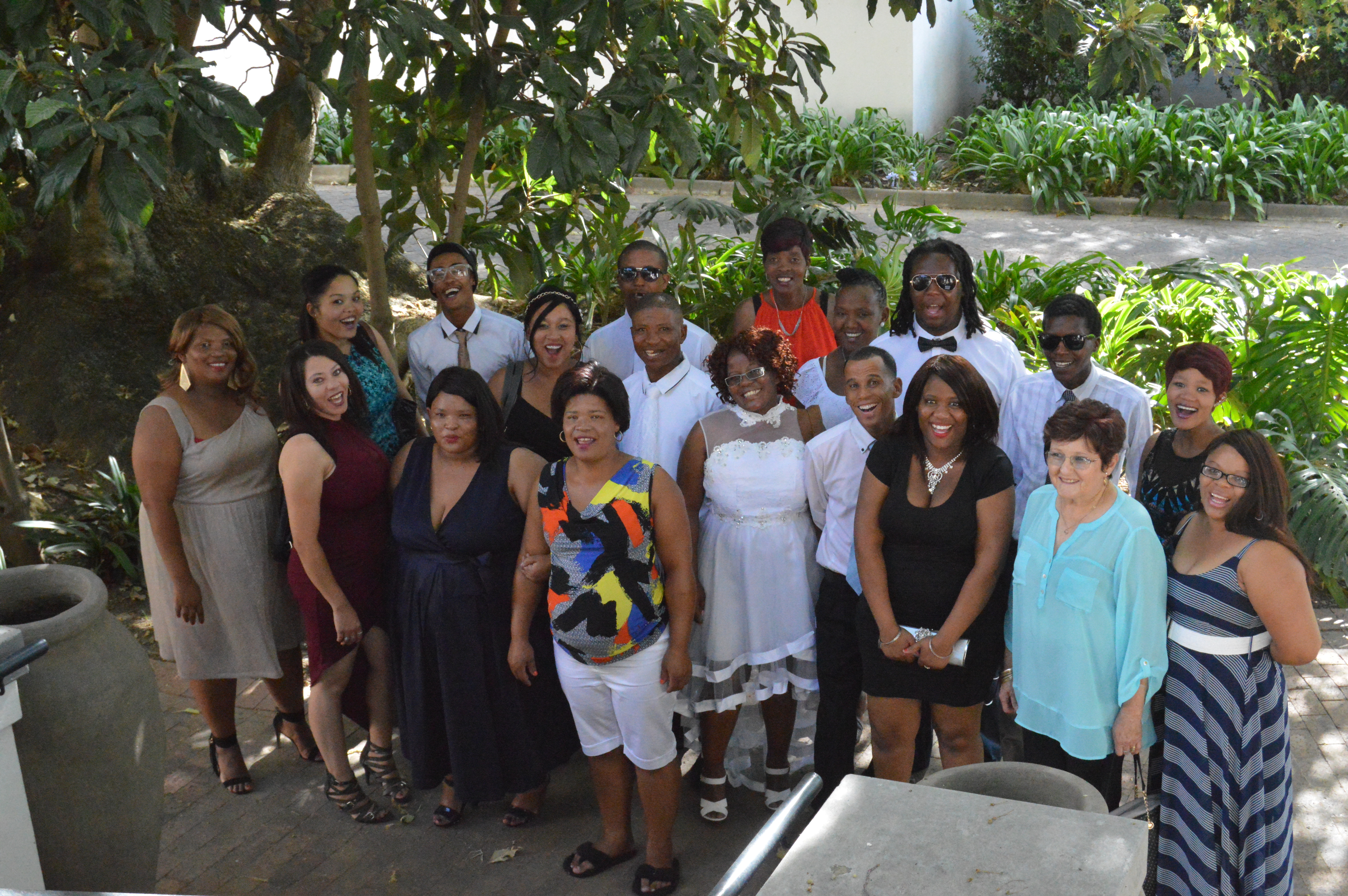INVESTMENT IN HUMAN CAPITAL PRODUCES BULLISH RESULTS
Ever since the colonisation of South Africa, the church has played a major role in society. From missionaries such as Robert Moffat and David Livingstone who influenced the earlier development of Southern Africa in their interaction with the indigenous peoples, to clerics who justified Apartheid, to others who bravely fought against it.
Nobel Peace Prize winner Archbishop Desmond Tutu is probably the most famous ‘struggle’ theologian. His name is synonymous with the establishment of the Truth and Reconciliation Commission in the 1990’s as well as for his ‘Rainbow Nation’ slogan that encourages at once tolerance and unity in diversity. The impact of his energy and compassion still resound through our nation today.
But the hangover from Apartheid is still with us, the birthing pains of a new democracy often paralyse progress, and the rigours of development in a Developing Country hamper our best intentions.
With the last National Census recording that 79.8% of South Africans indicated that they are Christian, the church not only has a huge impact on society, but also a huge responsibility to bring about positive change.
To this end the Unit for Moral Leadership was established within the Department of Theology at the University of Stellenbosch in 2008 with former pastor Dr Chris Jones at the helm. Their aim is to facilitate moral leadership and human development in communities in South Africa and so enhance the quality of people’s lives.

Dr Chris Jones heads of the Unit for Moral Leadership at the Faculty of Theology at the University of Stellenbosch
What makes this unit different from an NGO or Mission organisation is that, based within an academic context, the unit can provide and analyse well researched information to positively influence the moral landscape in South Africa. Dr Jones feels strongly that ‘evidence can be a cure for despair’ and so the Unit works with information provided by Stats SA (the government’s agency for Statistics) to record and interpret this information and so formulate comprehensive plans to address the problems raised.
“The social problems that we face in South Africa today,” explains Jones, “can largely be attributed to broken contexts – the family unit, the school environment and the community at large.” Horrific statistics prove this. The official unemployment rate is 27,5%; around 62% of babies registered in 2016 had no information about the father; 40% of children are exposed to domestic violence. But while these, and many other, statistics are depressing, highlighting them allows for better and more effective planning to address the under-lying problems on the ground.
So armed with this information, the Unit has developed programmes and interventions through which moral values and human capital can be developed; where people’s character can be built and developed; community leaders can be strengthened and supported in order to bring about a stronger society where everyone can live a good life.
The Unit has launched a pilot programme to train Community Development Workers, an accredited two year course run by the University of Stellenbosch which enrols volunteers from a specific community, and educates and empowers them to go back into their communities working with the local municipalities to bring about positive change at grassroots level.

The first graduates of the Community Development Workers Programme
The pilot programme was a great success so the Unit is currently investigating funding options and speaking to government to roll this out nationally in both rural and urban contexts. But this is just one such initiative from a vibrant, committed and engaged unit that is determined to bring about positive change. Jones cites retired head of Stats SA, Dr Pali Lehohla who argues that “we can move from hope to reality by planning and implementing. We need to be less obsessed with co-ordination and more obsessed with education, with evidence, and with real public engagement so that our statistics can tell a different story; a story of a country moving forward on a trajectory of sustained national development.”
- Julia Moore